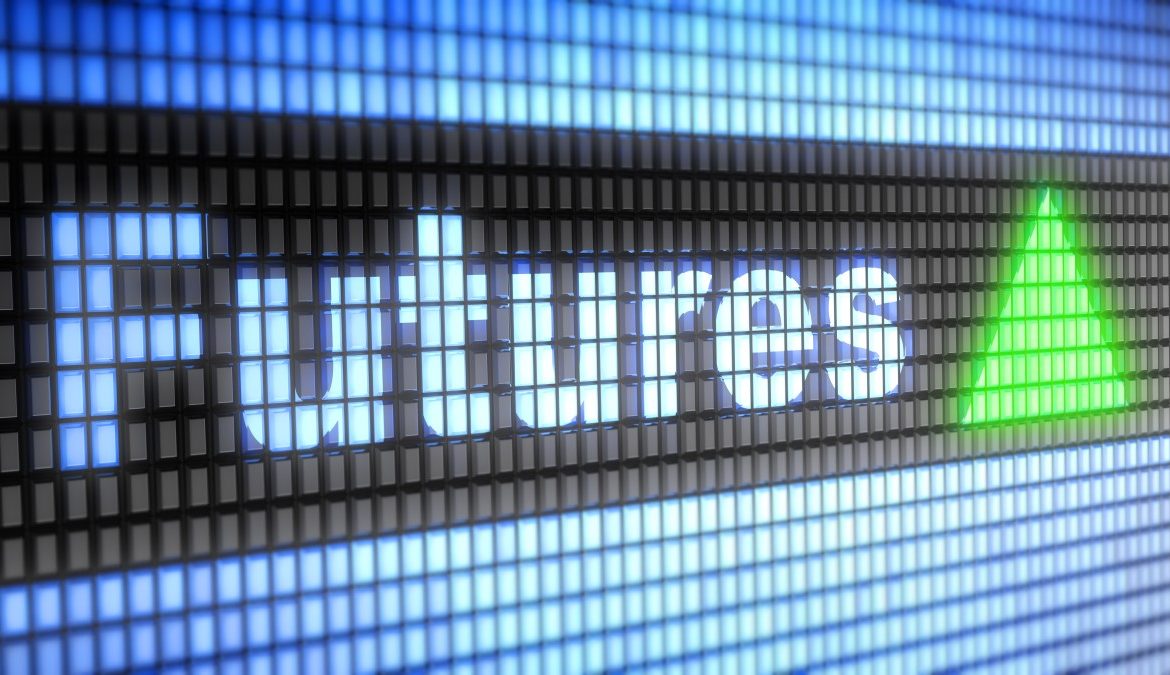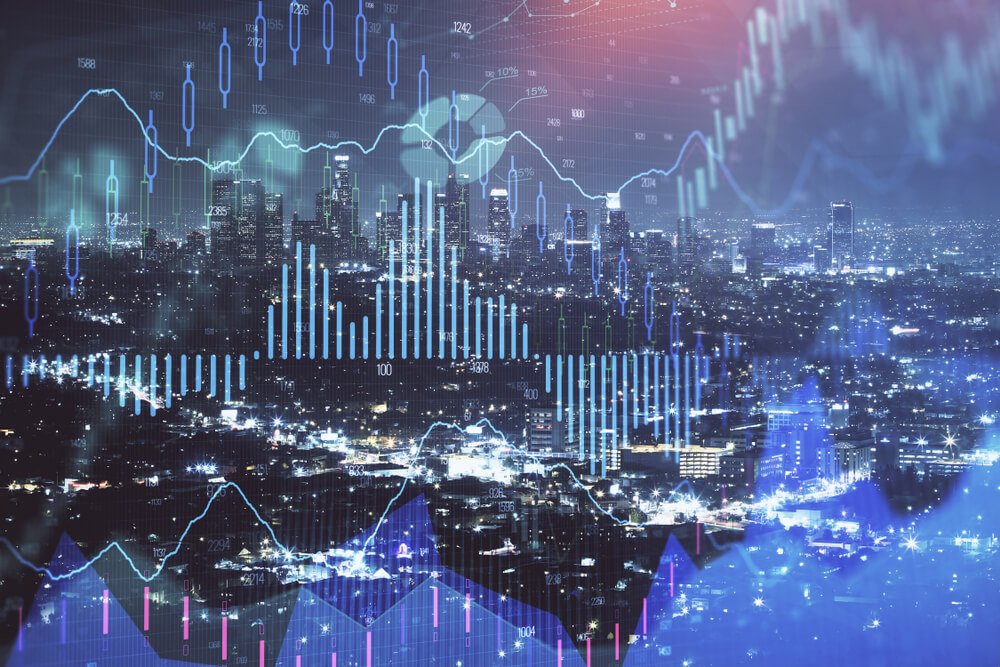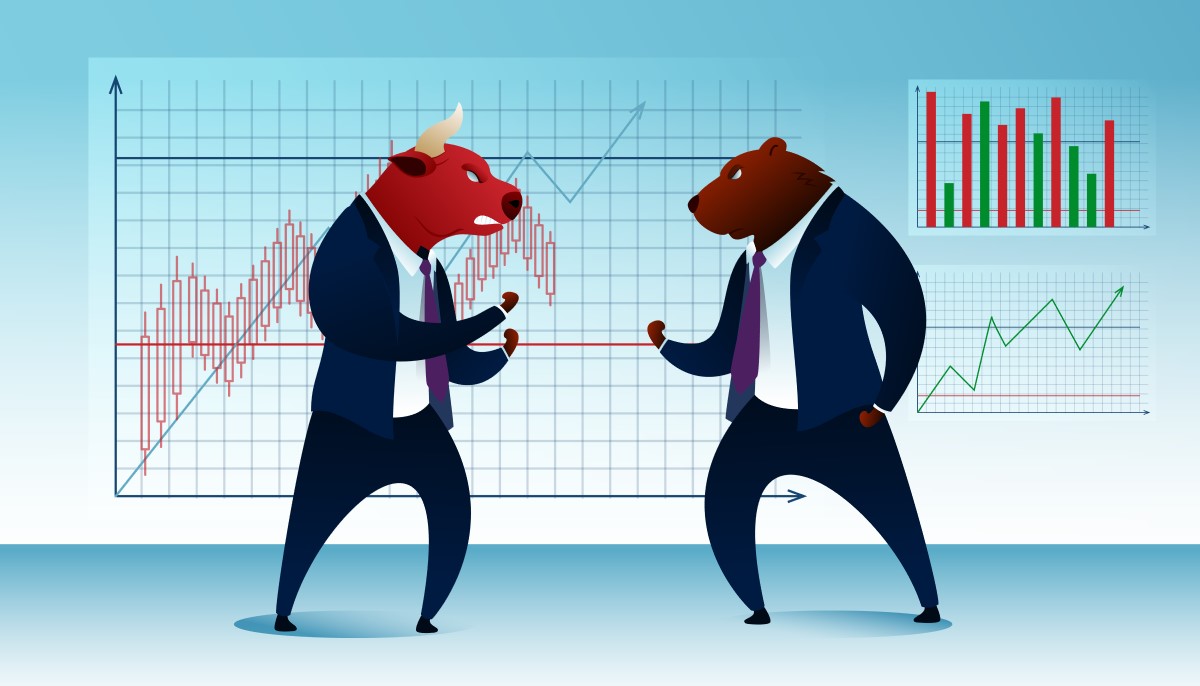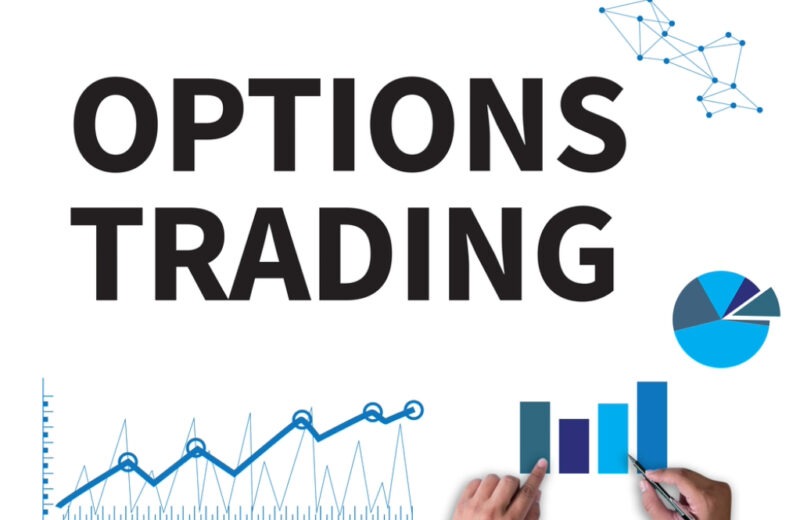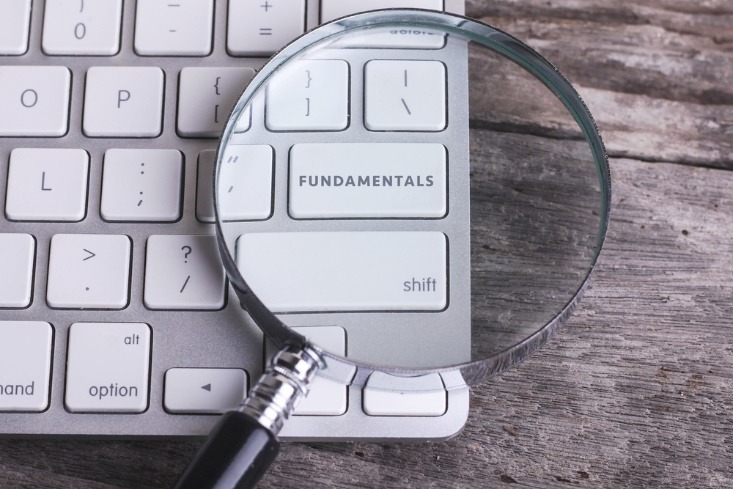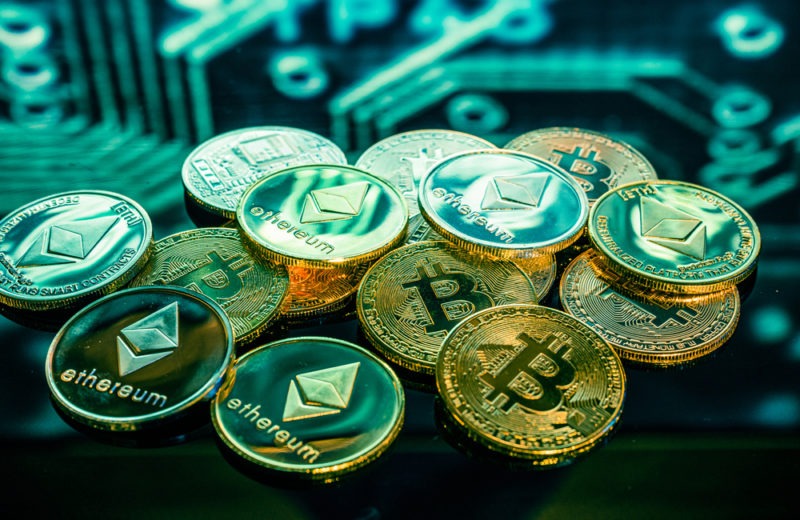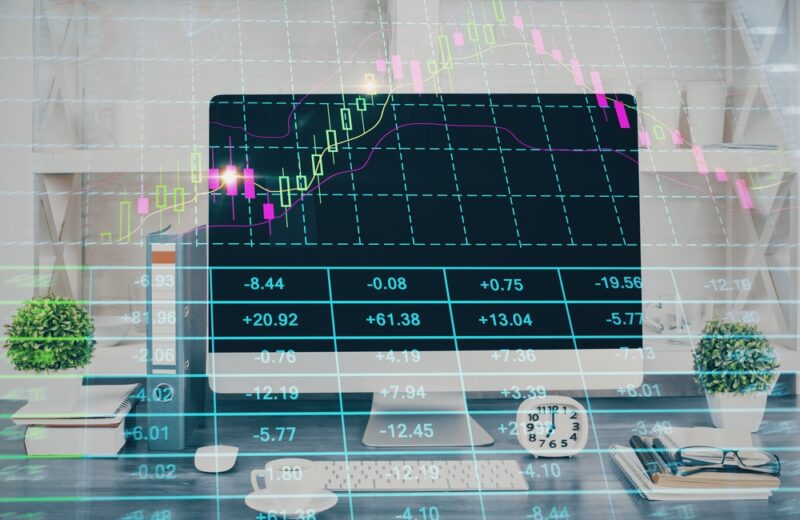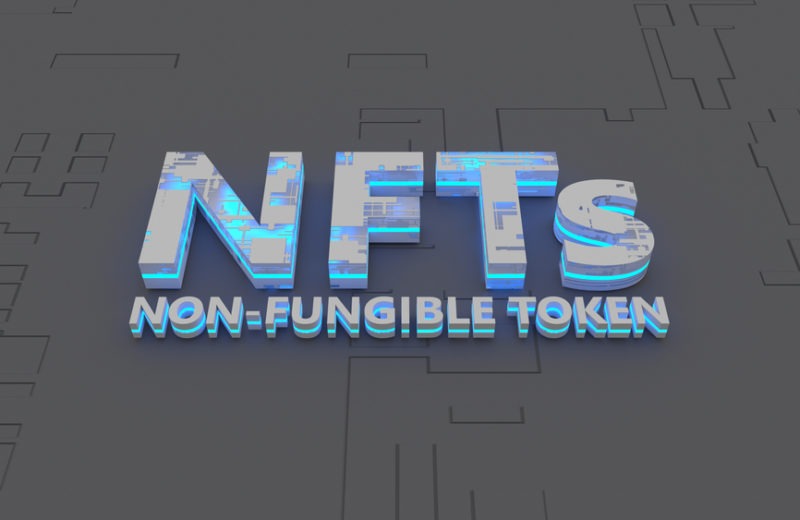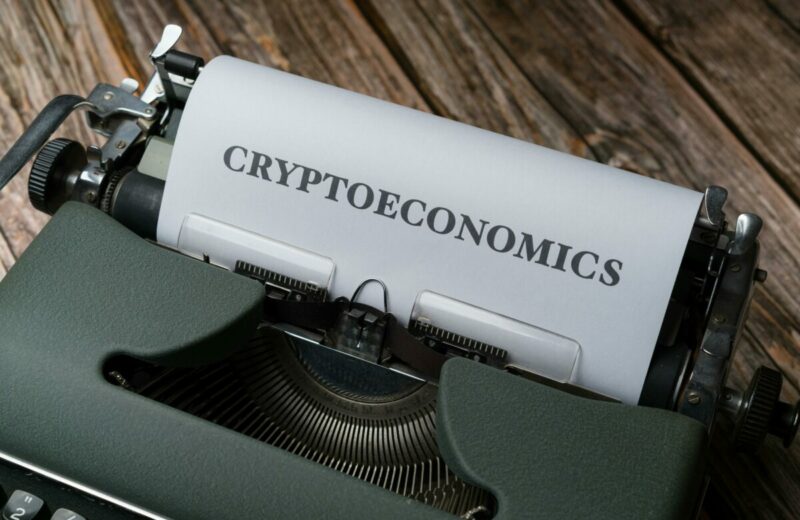Today I will talk about the Futures Contracts. I will basically and briefly describe what futures are and who uses those types of contracts.
It is the purest form of derivatives that traders use today. Also, it’s the Ancient Method, meaning that it’s the oldest form among the others.
Futures are the financial derivative contracts that obligate the parties to transact an asset at a predetermined future date and price.
The futures allows for the sales of an asset at a next date but with the predetermined price. Usually, the arrangements of the future are list on the exchange. It means that you have an intermediary, so the contracts are standardized. Your counterparty and you cannot modify the agreement in any way.
The contract details are predetermined. Contractors need to follow daily settlement procedures. Any losses or gains made through the agreement settles on the very same day. Consequently, all the counterparty risk minimizes. It includes expiration, size, and prise of the contract.
To put it in other words, you and your counterparty are not in agreement with each other. Instead, you and your counterparty are trading with each other.
The futures are efficient to use. Thanks to the futures contracts, the investors can speculate on the direction in the price of an underlying asset, and it has many more advantages.
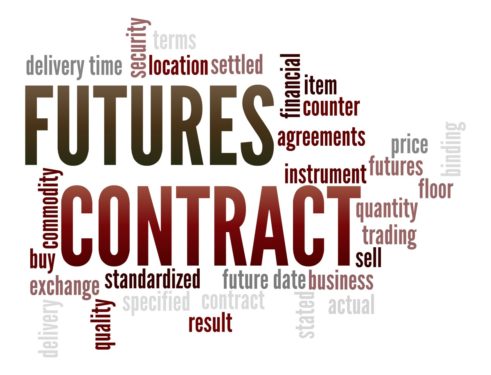
Future contact looks like a forward contract.
The futures primary users are speculators and hedgers. As they produce or buy the underlying asset, hedgers use futures to hedge. They also can guarantee the price at which the commodity is bought or sold.
The practical side of the Futures Contracts
For traders and portfolio managers, the futures are useful because they make use of it to bet on probable price movements of an underlying asset. For example, we can take oil producers. They might use futures contracts when they sell oil to lock at a price at which they sell oil. The producer will deliver the oil to the buyer when the contract expires. The consumer will know in advance how much she or he will pay for the oil this way. When the lease expires, they will take the delivery of the oil.
Futures are a legal agreement to sell or buy something in the future at a specified time at a predetermined price. In the case of the futures contract, the parties don’t know each other. Usually, the transacted asset is a financial instrument or a commodity. The price on which both parties agreed is known as a forward price. The specified time for the future is the delivery date.
So, future exchanges negotiate the contract. It’s kind of a marketplace between sellers and buyers. The long position holder is the buyer of a deal, and a short position holder is a selling party. The contract can involve both parties lodging a margin of the value of the contract with a mutually trusted third party. It happens because both parties risk their counterparty goes away if the price goes against them.
These are basics of the futures contracts.


